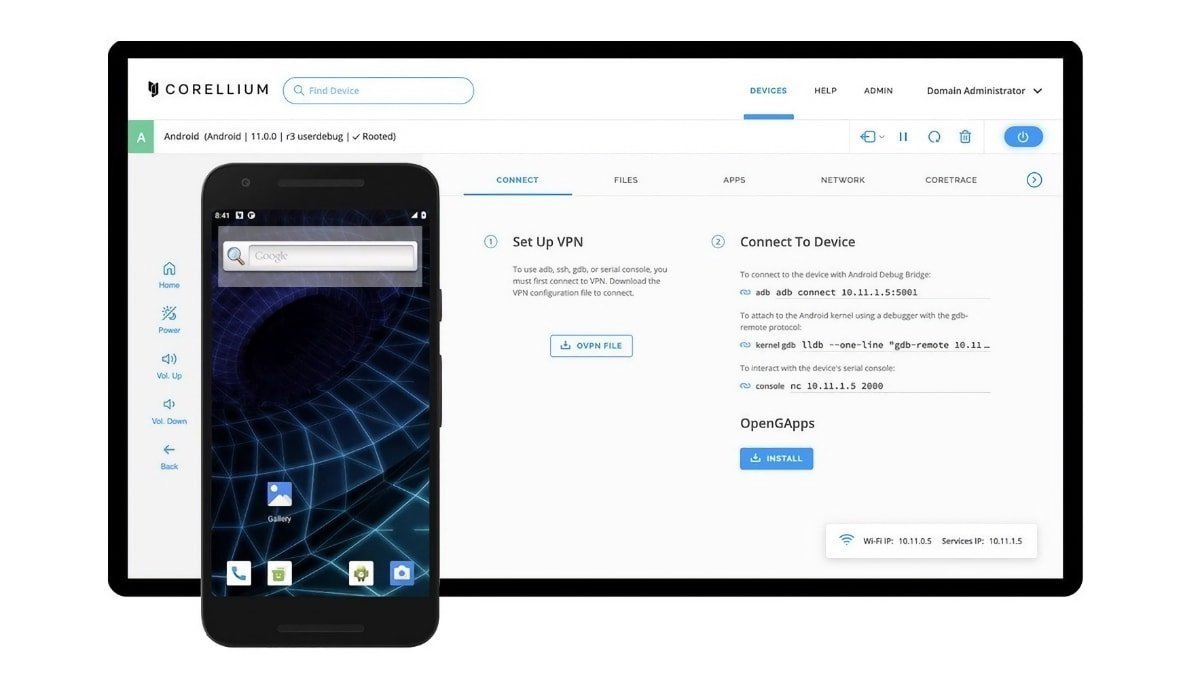Cellebrite acquires iPhone virtualization firm Corellium for $200M
Cellebrite, an Israeli cybersecurity firm known for assisting law enforcement in unlocking iPhones, has acquired the virtualization-focused startup Corellium for $200 million. The two already have plans for a new digital forensics product.

Cellebrite has acquired virtualization firm Corellium for $200M.
Cellebrite and Corellium are two of the most prominent names in the area of iOS forensics and analysis, and now they're going to be part of a singular entity that could make iPhone data extraction easier than ever before.
While Cellebrite's extensive work with law enforcement over the years involved specialized hardware that the company attempted to keep hidden, its acquisition of Corellium is expected to result in a new software-based tool that utilizes virtualization.
According to a Forbes report on Thursday, the two companies plan to release a new product dubbed "Mirror." As its name implies, the tool will allow law enforcement agencies to create a virtual version of a seized iPhone, from which relevant data can then be extracted.
This approach would represent an improvement over Cellebrite's existing offerings, which are unable to process and retrieve data from certain applications, the report claims. Corellium's founder, Chris Wade, believes Mirror will be used to help juries see the exact contents of a defendant's phone, rather than just technical screenshots from forensic software.
Corellium and Cellebrite also plan to use AI to detect "deviations or any execution of foreign code" on iPhones. This would be useful for the detection of state-sponsored spyware, but it may also be appealing to law enforcement agencies. U.S. Immigration and Customs Enforcement (ICE) is one of Cellebrite's largest customers, as the two signed a $9.6 million deal in August 2024.
As for Corellium, its endeavors have primarily dealt with virtualization -- creating a virtual version of an iPhone for security research purposes. Apple has previously filed a lawsuit against Corellium in 2019, and pursued copyright claims as well, but the suit was ultimately settled.
Internally, Apple has its own virtualization software in the form of an application known as "Virtual Machines." It can be used to emulate production and development-fused variants of the Apple Vision Pro, Apple Silicon, Macs, iPhones, iPads, and much more, with various customization options built in, AppleInsider was told.
The company seemingly didn't want Corellium to achieve anything similar, but their attempt to stop it from happening was largely unsuccessful.
The virtualization company's founder, Chris Wade, is now its Chief Technology Officer. Wade was pardoned by the Trump administration for unrelated cybercrime charges, as he assisted the United States government, specifically the Department of Justice and the FBI.
While the results of Cellebrite's acquisition of Corellium have yet to be seen, it could ultimately reduce the need for physical device access in data retrieval and analysis endeavors. Apple won't stop releasing new security measures, either, though.
The iPhone maker is set to introduce its latest assortment of operating systems, branded as version "26," at its annual Worldwide Developers' Conference on June 9, 2025. We should see plenty of new features, but security fixes are a possible addition as well.
Read on AppleInsider

Comments
If I were Apple, I would seriously think about re-opening that copyright suit on the grounds that there's nothing "fair use" about Celebrite's entire business and history.